Hydroxyethylcellulose – HEC
Hydroxyethylcellulose (HEC) is a versatile polymer with a wide range of industrial applications due to its unique properties. Here are some common industrial applications of HEC:
1. **Personal Care Products:**
– **Shampoos and Conditioners:** HEC is used as a thickener and suspending agent in hair care products to enhance texture and provide a smooth application.
– **Lotions and Creams:** HEC is used as a thickener and stabilizer in lotions and creams to improve consistency and prevent phase separation.
– **Gels:** HEC is used in gel formulations to provide viscosity and improve product spreadability.
2. **Pharmaceutical Industry:**
– **Tablet Formulations:** HEC is used as a binder in tablet formulations to hold the active ingredients together and improve tablet hardness.
– **Ointments and Creams:** HEC is used as a viscosity modifier and emulsifier in topical formulations to provide a smooth texture and enhance stability.
– **Oral Liquids:** HEC is used to suspend insoluble ingredients and improve the overall consistency of oral liquid formulations.
3. **Paints and Coatings:**
– **Water-Based Paints:** HEC is used as a rheology modifier in water-based paints to control viscosity, improve flow properties, and enhance color acceptance.
– **Coatings:** HEC is used in various coatings to provide film-forming properties, improve adhesion, and enhance overall performance.
4. **Adhesives:**
– **Adhesive Formulations:** HEC is used as a thickener and binder in adhesives to control viscosity, improve tackiness, and enhance bonding properties.
– **Construction Adhesives:** HEC is used in construction adhesives to improve workability and adhesion to various substrates.
5. **Construction Industry:**
– **Mortars and Grouts:** HEC is used in construction materials such as mortars and grouts to improve workability, water retention, and overall performance.
– **Tile Adhesives:** HEC is used in tile adhesives to provide viscosity and enhance bonding strength.
6. **Food Industry:**
– **Food Thickening:** HEC is used as a thickener, stabilizer, and emulsifier in various food products such as sauces, dressings, and desserts.
– **Bakery Products:** HEC is used in bakery products to improve texture, increase shelf life, and enhance moisture retention.
7. **Other Industrial Applications:**
– **Textiles:** HEC is used in textile printing and dyeing processes as a thickener and binder.
– **Oil and Gas Industry:** HEC is used in drilling fluids as a rheology modifier to control fluid viscosity and suspension properties.
HEC’s ability to act as a thickener, stabilizer, binder, and rheology modifier makes it a valuable ingredient in a wide range of industrial applications, contributing to the performance and quality of various products and formulations.
Description
Hydroxyethylcellulose (HEC) is a non-ionic, water-soluble polymer derived from cellulose. It is widely used in various industries and applications for its thickening, stabilizing, and binding properties. Here are some key points about HEC:
1. **Properties:**
– HEC is a white to off-white, odorless, and tasteless powder that is soluble in both cold and hot water to form clear and colorless solutions.
– It is non-ionic, meaning it does not carry an electrical charge in solution.
– HEC exhibits pseudoplastic rheology, meaning its viscosity decreases with shear stress, making it ideal for applications where smooth flow and easy application are required.
2. **Applications:**
– **Personal Care Products:** HEC is commonly used in personal care products such as shampoos, conditioners, lotions, creams, and gels as a thickener, suspending agent, and stabilizer.
– **Pharmaceutical Industry:** HEC is used in pharmaceutical formulations as a binder, film former, and viscosity modifier in tablets, ointments, and oral liquids.
– **Paints and Coatings:** In the paint and coatings industry, HEC is used as a rheology modifier to control viscosity, improve sag resistance, and enhance color acceptance.
– **Adhesives:** HEC is used in adhesives as a thickener to control viscosity and improve bonding properties.
– **Construction Industry:** HEC is commonly used in water-based paints, adhesives, mortars, and grouts to improve workability, water retention, and overall performance.
– **Food Industry:** In the food industry, HEC is used as a thickener, stabilizer, and emulsifier in various food products.
3. **Benefits:**
– HEC provides excellent thickening properties, enhancing the texture and consistency of products.
– It offers good suspending and stabilizing properties, helping to prevent settling and separation of ingredients in formulations.
– HEC improves the flow properties and application characteristics of products such as paints, adhesives, and personal care items.
– It is compatible with a wide range of other ingredients and materials, making it versatile for use in different formulations.
4. **Safety:**
– HEC is generally considered safe for use in the industries mentioned above when used according to recommended guidelines. It is important to follow proper handling and storage procedures as specified by the manufacturer.
HEC is a versatile polymer with valuable properties that contribute to the performance and stability of various products across different industries. Its ability to thicken, stabilize, and improve the flow properties of formulations makes it a widely used ingredient in many applications.

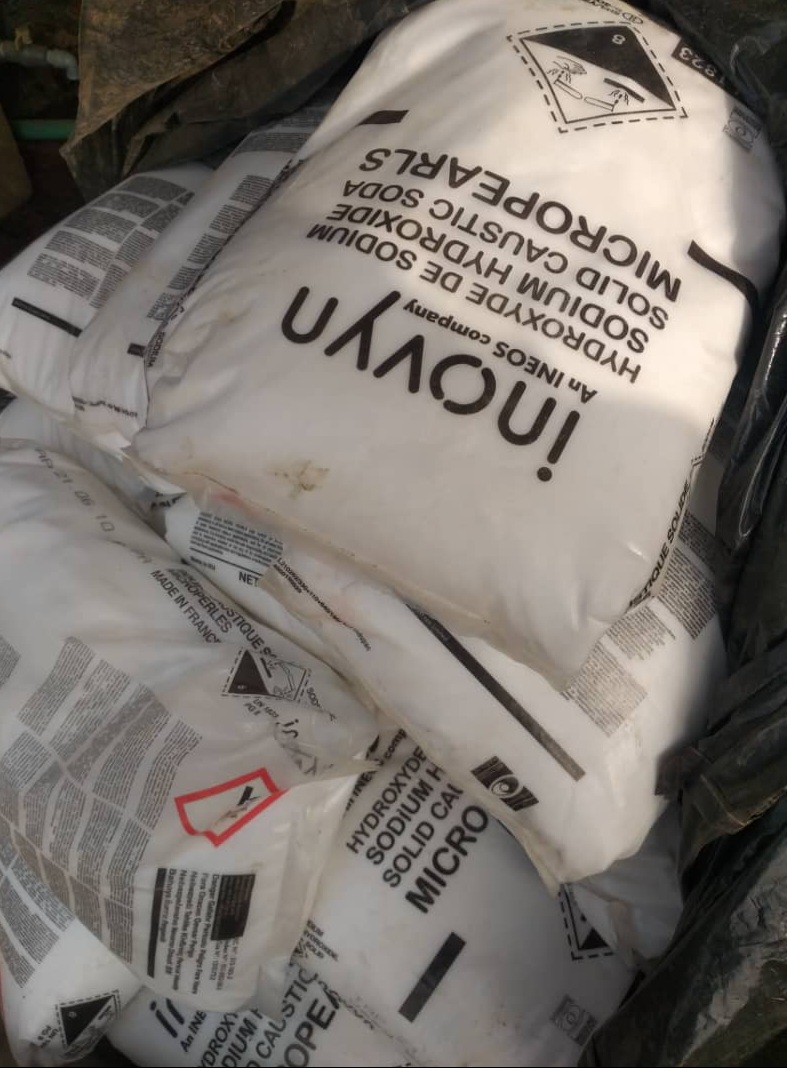
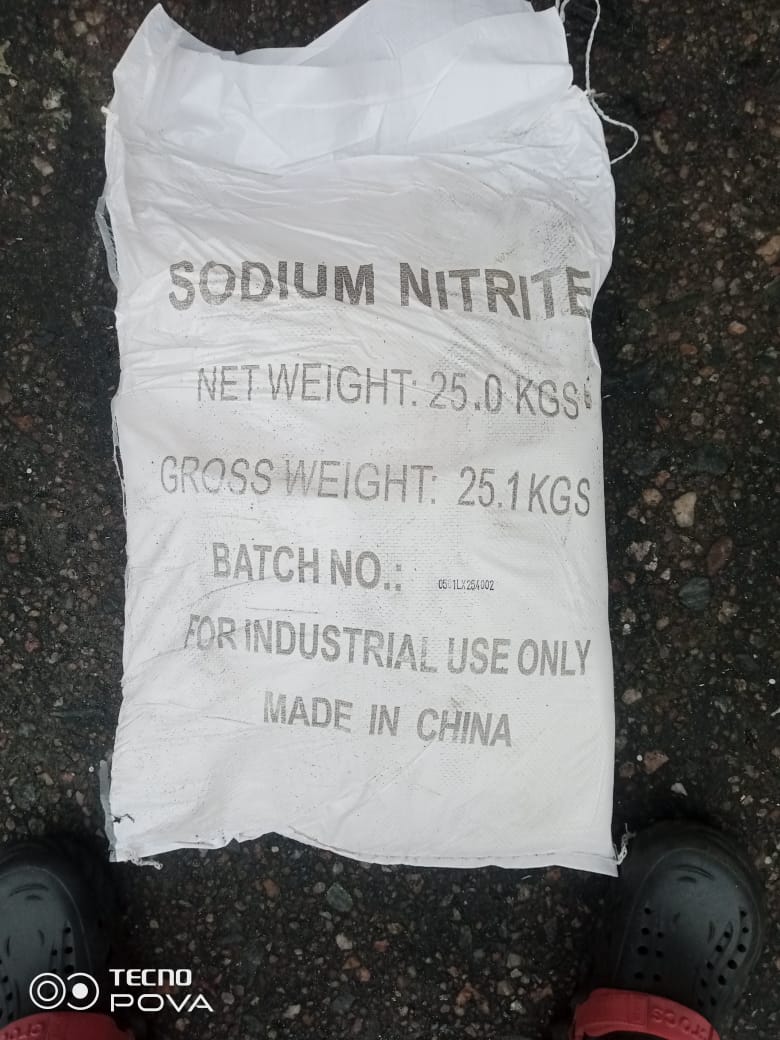
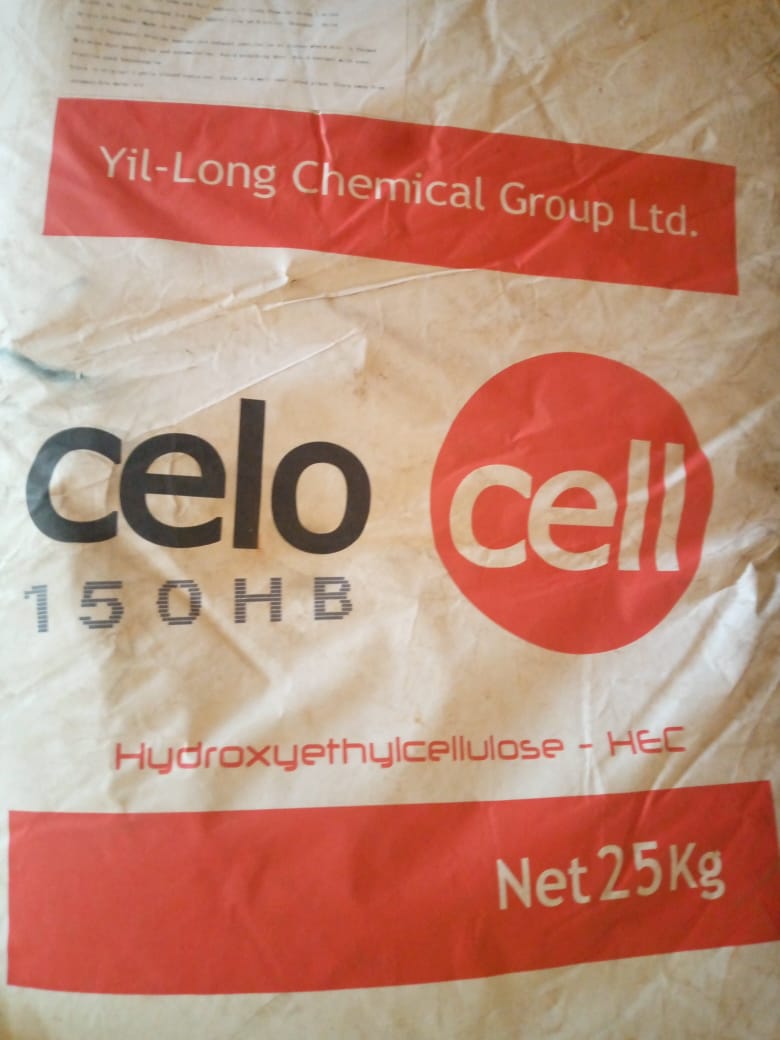
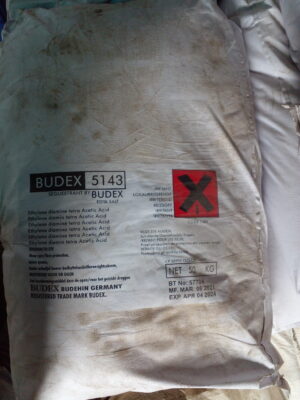
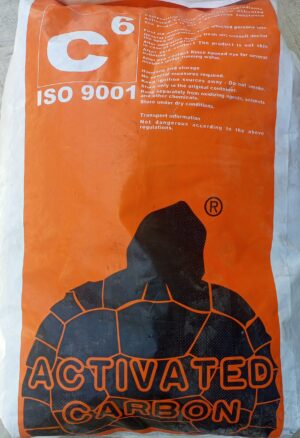
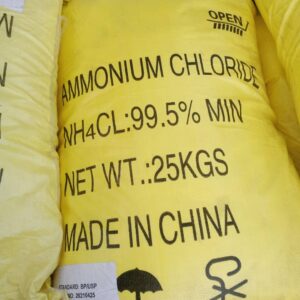
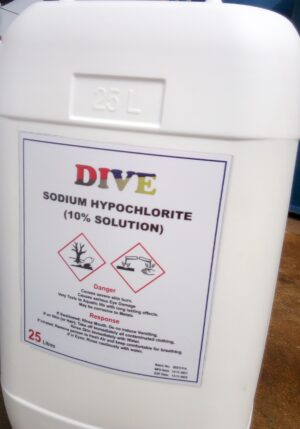
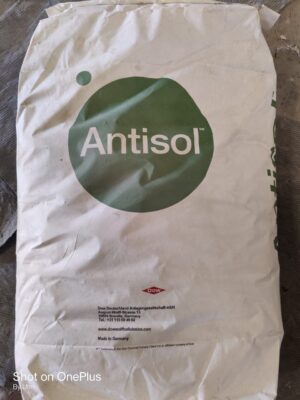
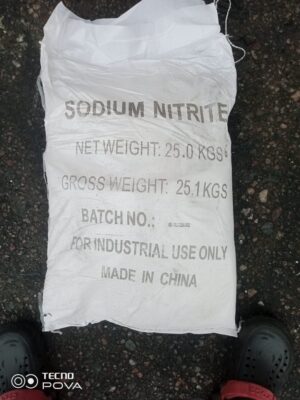
Reviews
There are no reviews yet.